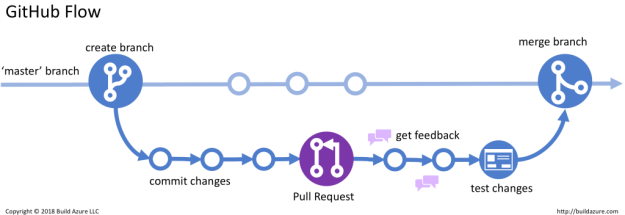Summary of the Resource
The resource I explored is the Duck Simulator project from the article “Design Patterns: The Strategy Pattern in Duck Simulations” by Head First Design Patterns (https://www.oreilly.com/library/view/head-first-design/0596007124/ch06.html). The simulator features different types of ducks like Mallard, Redhead, and Rubber ducks with behaviours such as flying and quacking. What’s particularly interesting is that these behaviours aren’t hard-coded into the duck classes; instead, they can be assigned or changed dynamically at runtime. This design highlights important object-oriented programming concepts, including polymorphism, encapsulation, and code reusability. It also demonstrates how the strategy design pattern allows developers to build flexible, scalable, and maintainable programs. The simulation is not only educational but also fun, giving a visual and interactive way to understand abstract programming concepts.
Why I Chose This Resource
I chose the Duck Simulator because it is a hands-on, practical example that clearly demonstrates OOP principles we are currently learning in class. I was looking for a resource that is engaging, easy to follow, and yet illustrates advanced programming concepts like abstraction, interfaces, and composition. The simulator is particularly appealing because it shows how separating behaviours from the main duck classes makes it easy to add new features or modify existing ones without rewriting the core code. This approach mirrors how professional software projects are structured, and I wanted to see an example that connects what we learn in theory to practical programming.
What I Learned and Reflected On
Working through the Duck Simulator helped me understand how to design flexible and maintainable code. Previously, I often relied on inheritance to share behaviours, but this project demonstrated how composition provides more adaptability and control. For example, I could give a Mallard duck a “fly with rocket” behaviour without touching the original class—something that would have been difficult or messy using only inheritance.
The project also helped me see the value of modular thinking, treating behaviours as separate, reusable components that can be mixed and matched across objects. This makes it much simpler to extend the program, add new duck types, or implement additional actions. Experimenting with the simulation gave me a tangible way to understand polymorphism and modular design, which made abstract class concepts from lectures much easier to grasp. It also reinforced the idea that writing clean, reusable code is as important as writing code that just works.
How I’ll Use This in the Future
In my future projects, I plan to apply the lessons from the Duck Simulator by designing programs in which behaviours can be swapped, updated, or extended independently of the main code. This will be especially useful in games, simulations, or any software where features may change over time. The project reinforced the importance of thinking ahead about software structure and planning for flexibility, rather than just focusing on making the code functional. Overall, the Duck Simulator showed me that good software design is a skill that complements programming ability, and it’s something I will carry forward in both my academic and professional projects.
From the blog CS@Worcester – Site Title by Yousef Hassan and used with permission of the author. All other rights reserved by the author.






